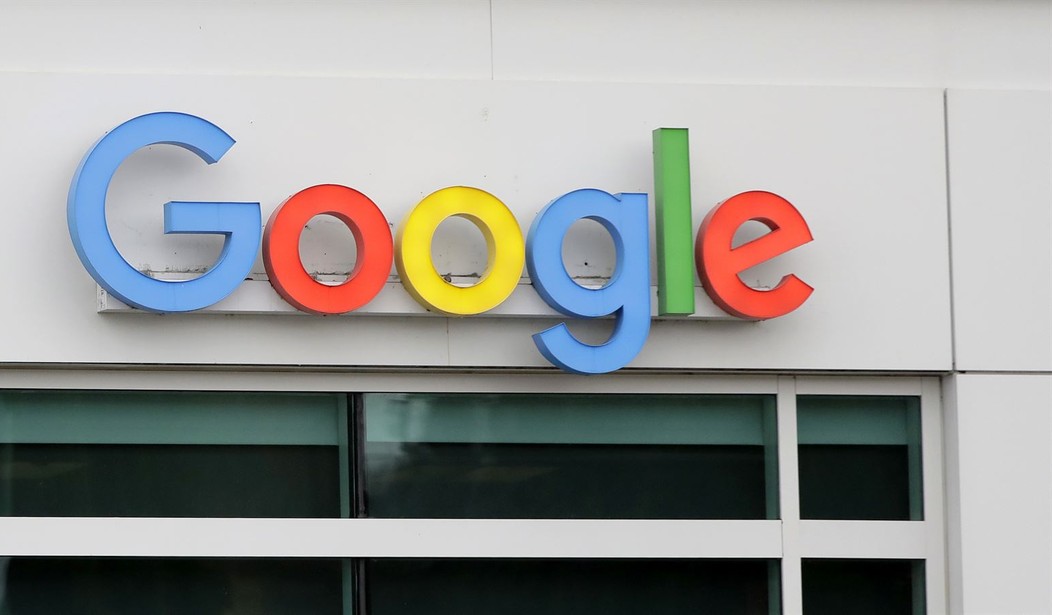On Monday, a federal judge ruled that tech giant Google violated federal antitrust laws by maintaining a monopoly as it pertains to online searches and advertising.
“After having carefully considered and weighed the witness testimony and evidence, the court reaches the following conclusion: Google is a monopolist, and it has acted as one to maintain its monopoly,” the United States District Court Judge Amit Mehta said in the 286-page ruling.
“It has violated Section 2 of the Sherman Act,” Mehta added.
Mehta explained that Google’s exclusive contracts had anticompetitive effects. This includes partnerships with Apple and Samsung to make Google the default search engine on their products (via DOJ):
Google’s dominance has gone unchallenged for well over a decade. In 2009, 80% of all search queries in the United States already went through Google. That number has only grown. By 2020, it was nearly 90%, and even higher on mobile devices at almost 95%. The second-place search engine, Microsoft’s Bing, sees roughly 6% of all search queries—84% fewer than Google.
Google has not achieved market dominance by happenstance. It has hired thousands of highly skilled engineers, innovated consistently, and made shrewd business decisions. The result is the industry’s highest quality search engine, which has earned Google the trust of hundreds of millions of daily users.
But Google also has a major, largely unseen advantage over its rivals: default distribution. Most users access a general search engine through a browser (like Apple’s Safari) or a search widget that comes preloaded on a mobile device. Those search access points are preset with a “default” search engine. The default is extremely valuable real estate.
Recommended
The Department of Justice (DOJ) brought forward the lawsuit in late 2020 and filed two separate lawsuits alleging that the agreements and other conduct violated federal antitrust law. The Justice Department repeatedly said that Google’s search engine conducted nearly 90 percent of all web searches. The tech company has denied this.
This, and the company spends billions of dollars to be the automatic search engine on many services, as already mentioned.
The New York Times reported that this ruling is likely to influence other lawsuits brought forward against Google, Apple, Amazon and Meta.
Mehta will now decide if Google will be forced to change the way it operates or if it will sell off parts of its business.
Multiple outlets noted that this is the biggest tech antitrust case since the U.S. government’s lawsuit with Microsoft over 20 years ago.
In a statement to Fox Business, Google President of Global Affairs Kent Walker said: “This decision recognizes that Google offers the best search engine, but concludes that we shouldn’t be allowed to make it easily available. We appreciate the Court’s finding that Google is ‘the industry’s highest quality search engine, which has earned Google the trust of hundreds of millions of daily users’, that Google ‘has long been the best search engine, particularly on mobile devices’, ‘has continued to innovate in search’ and that ‘Apple and Mozilla occasionally assess Google’s search quality relative to its rivals and find Google’s to be superior.’"
"Given this, and that people are increasingly looking for information in more and more ways, we plan to appeal," Walker added in the statement to Fox. "As this process continues, we will remain focused on making products that people find helpful and easy to use."
























Join the conversation as a VIP Member